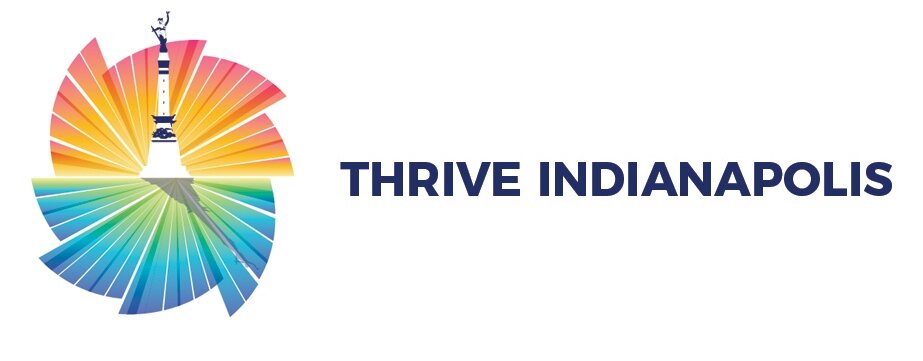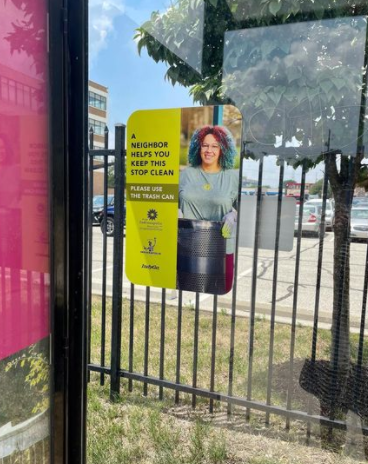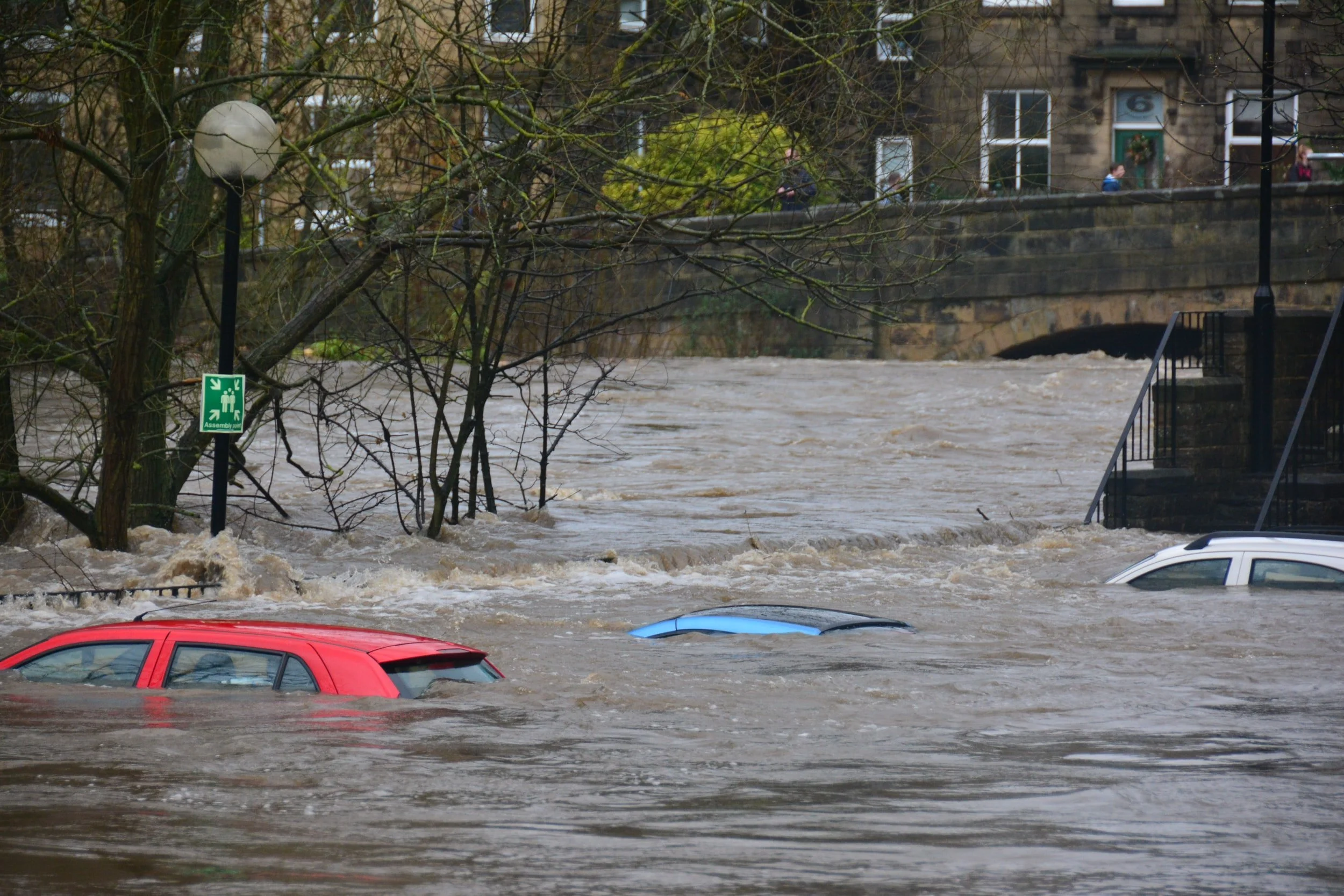Dozens of Indianapolis families now have boxes full of fresh fruits and vegetables for free thanks to a program called “Good Food for All”. Families who signed up will get one box each week for 10 weeks. After that, they’ll be given $50 per month for three months to use at any Indianapolis Safeway location.
Read MoreA September 2021 zoning code change prioritizing transit-oriented development during the creation of the IndyGo Red Line helped pave the way for the projects. It prioritizes moderate- to high-density housing near transit, more walkability and safety along the transit line and easy access to commercial development in neighborhoods.
Read MoreIn 2021, the nonprofit, Keep Indianapolis Beautiful (KIB), and the Indianapolis Office of Sustainability found that signs had little to no impact on the amount of litter at bus stops. The Behavioral Insights Team set up the study to test anti-littering signage informed by behavioral science, which is the study of human behavior and how our actions are shaped by environmental and contextual factors.
Read MoreThis free, family-friendly event will feature a live DJ, food trucks, and free coffee for the first 200 attendees, all while showcasing the various makes and models of electric vehicles available in the Central Indiana market. This is a great way for folks to explore their options, whether they are interested in purchasing an EV soon or just curious to get some questions answered.
Read MoreInitially, the expanded program is similar to the first phase of the pilot. About 1,000 selected Indianapolis families will receive free weekly boxes of fresh produce, along with recipes and ideas for using the food. Boxes will be distributed through eight local organizations around the city, including schools, churches and community centers.
Read MoreThe consensus among those currently involved in environmental protection issues is that collective action is far more effective than individual actions, especially collective actions focused around issues currently within your high school or community.
Read MoreThe draft future service plan includes a network redesign that would remove less-used routes and integrate rapid transit lines. It also aims to increase service frequency, with an emphasis on weekends. IndyGo also plans to extend crosstown routes to connect riders with grocery stores, medical facilities, colleges and retail locations.
Read MoreA recent study from First Street Foundation found that most of the counties in Indiana will continue to see high heat day increases, with the southern portion of the state seeing the largest increase in what are called extreme heat days. Martin, Harrison and Clark counties are expected to see the greatest increase.
Read More65% of Hoosiers believe global warming is happening. 50% of Hoosiers believe it is caused mostly by human activities. 57% of Hoosiers are worried about global warming. 65% of Hoosiers believe it will harm plants and animals, 64% believe it will harm future generations and only 40% believe it will harm them personally.
Read MoreAlong much of the half-mile stretch, the plan is to convert two of the driving lanes into expanded sidewalks, a multi-use path along the east side, and green space to separate the road and from the walking and biking paths. At least three intersections will get new crosswalks, two of which will be raised and one of which will have flashing lights to warn drivers of walkers.
Read MoreThe Indianapolis Office of Sustainability and local nonprofit RecycleForce will host an electronics recycling (“E-cycle”) event for Marion County community members on Saturday, September 24 at Perry Park (451 E Stop 11 Road) from 9 a.m. to 2 p.m. Properly disposing of electronics is important because Indiana's Electronic Waste Law prohibits households, small businesses, and schools from disposing of electronic waste in the trash.
Read MoreINDOT's study, called ProPEL Indy, will look at nearly the entirety of the urban interstates, excluding the North Split and a segment of I-65 south of downtown where another project is already in design. There was no PEL study for the $350 million North Split reconstruction project, which garnered severe pushback when first presented to the public in 2017.
Read MoreSoul Food Project is largely grant funded, and the results so far are promising. The program keeps growing, and research shows urban garden’s such as Guerin’s are much needed in Indy. More than 200,000 Indy residents live in a food desert, according to the Indiana Community Food Access Coalition. This so-called desert happens when more than 33% of an urban population lives a mile or more from a grocery store.
Read MoreCurrently, ecologists from the Indianapolis Office of Land Stewardship are participating in a study conducted by the Natural Areas Conservancy to see how the health of an ecosystem influences temperatures. Sensors have been placed in parks across the city with healthy forests, degraded woods or developed sites to record temperatures. Researchers will also use satellite data to quantify differences.
Read MoreLeveraging local dollars from the Circle City Forward initiative to attract state and federal grants, the Department of Public Works will spend $37 million on trails and greenways across nine different projects throughout 2022 and 2023, including this one.
Read MoreIndianapolis is one of 12 U.S. cities that will study the cooling potential of urban natural areas. Led by NYC-based nonprofit Natural Areas Conservancy, the study results will help cities prepare for climate change.
Read MoreThe B20 Club of Indiana, a collaboration between the Indiana Soybean Alliance (ISA) and the American Lung Association that recognizes and supports select Indiana-based fleets running on biodiesel blends of 20 percent or higher, recently welcomed the City of Indianapolis Department of Public Works (DPW) as its newest member.
Read More"It was like the "perfect storm," said TF-1's Jay Settergren. "So very, very heavy rain that, in a short period of time, caused mudslides. We're seeing a lot of homes completely damaged. Gone. Off their foundations."
Read MoreAfter launching benchmarking and transparency program Thriving Buildings in March of this year, the City's Office of Sustainability set a goal of recruiting 50 different properties around Indianapolis to begin voluntarily tracking their energy and water usage; just four months later, a total of 187 buildings are enrolled, including many city-owned buildings, for a total square footage greater than 30 million square feet.
The partnership, part of Project Dash, aims to deliver necessary food and household items to families across Marion County who are either unable to leave their home, lacking transportation, facing mental/physical disabilities or otherwise unable to access charitable food.
Read More



















